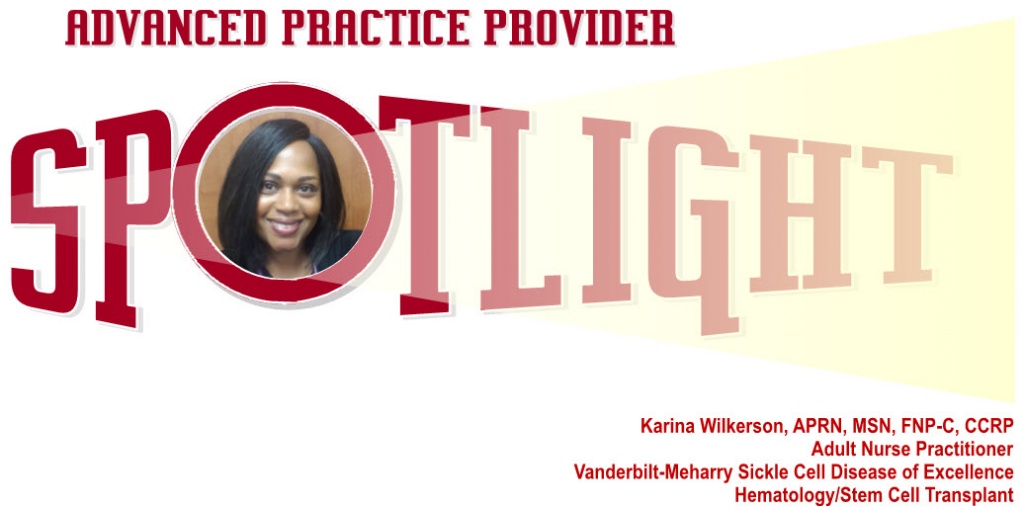
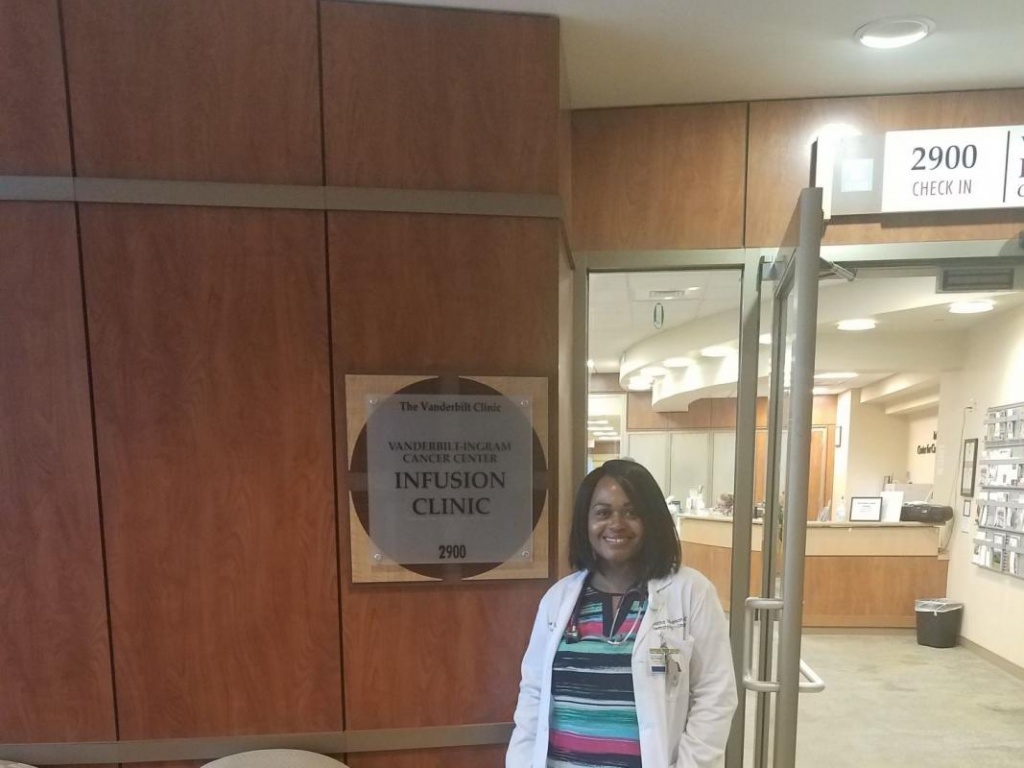 My journey at Vanderbilt University Medical Center started 13 years ago. I started as a nurse extern in the adult Medical Intensive Care Unit, and after completing my nursing degree, I transitioned to the 7th floor Acute Care Unit and later the Pediatric Emergency Department. These acute care settings exposed me to different medical conditions, challenges of care, and the financial and social hardships faced by families seeking healthcare. The Emergency Department rekindled my passion in providing care to the underserved populations. I was fortunate to start working with the Pediatric Sickle Cell program while working in the Emergency Department, providing education to the nurses in the unit and working with protocols designed to improve the care of these patients.
My journey at Vanderbilt University Medical Center started 13 years ago. I started as a nurse extern in the adult Medical Intensive Care Unit, and after completing my nursing degree, I transitioned to the 7th floor Acute Care Unit and later the Pediatric Emergency Department. These acute care settings exposed me to different medical conditions, challenges of care, and the financial and social hardships faced by families seeking healthcare. The Emergency Department rekindled my passion in providing care to the underserved populations. I was fortunate to start working with the Pediatric Sickle Cell program while working in the Emergency Department, providing education to the nurses in the unit and working with protocols designed to improve the care of these patients.
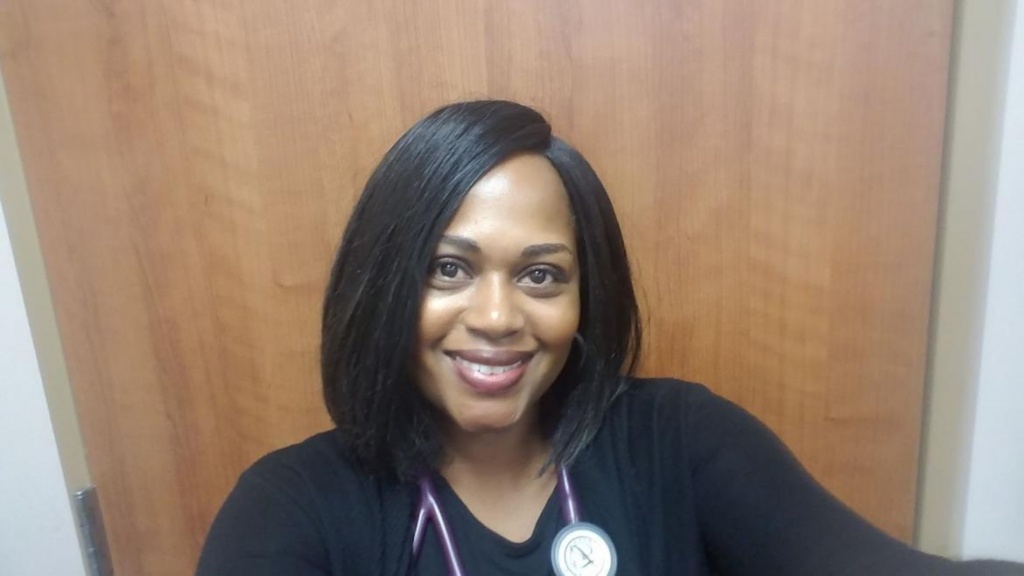 After obtaining my masters as a Family Nurse Practitioner with a minor in Education, my passion and career goals were aligned. I saw an opportunity to continue my professional career as the Adult Nurse Practitioner for the Adult Sickle Cell Disease Program, managing predominantly young adults with chronic diseases and complex care needs. Though pain management is integral to their care needs, this starts by developing a trusting relationship between patient and provider, developing individualized care plans, managing both acute and chronic pain needs using individualized home pain action plans, and providing day hospital care when needed. I monitor high utilizers, identifying patients with opiate dependency and managing the dependency using an opiate weaning strategy. Patients with severe disease often require disease modifying therapy, either with hydroxyurea therapy (chemotherapy) or chronic blood transfusion therapy. Those on hydroxyurea therapy, about 60% of our adult population, need monitoring for toxicity, while chronically transfused patients are monitored for alloimmunization and management of iron overload.
After obtaining my masters as a Family Nurse Practitioner with a minor in Education, my passion and career goals were aligned. I saw an opportunity to continue my professional career as the Adult Nurse Practitioner for the Adult Sickle Cell Disease Program, managing predominantly young adults with chronic diseases and complex care needs. Though pain management is integral to their care needs, this starts by developing a trusting relationship between patient and provider, developing individualized care plans, managing both acute and chronic pain needs using individualized home pain action plans, and providing day hospital care when needed. I monitor high utilizers, identifying patients with opiate dependency and managing the dependency using an opiate weaning strategy. Patients with severe disease often require disease modifying therapy, either with hydroxyurea therapy (chemotherapy) or chronic blood transfusion therapy. Those on hydroxyurea therapy, about 60% of our adult population, need monitoring for toxicity, while chronically transfused patients are monitored for alloimmunization and management of iron overload.
I currently provide my services at three clinics, an adolescent transition clinic, a follow-up discharge clinic, and a sickle cell continuity clinic. In addition, I serve as a resource for other providers (doctors, nurses, nurse practitioners) involved in the care of these patients, through continuing medical educational series, didactics, and in-patient services on management of the disease complications promoting quality care. I spend a lot of time educating patients on self-efficacy and empowerment, allowing them to make informed decisions about their healthcare.
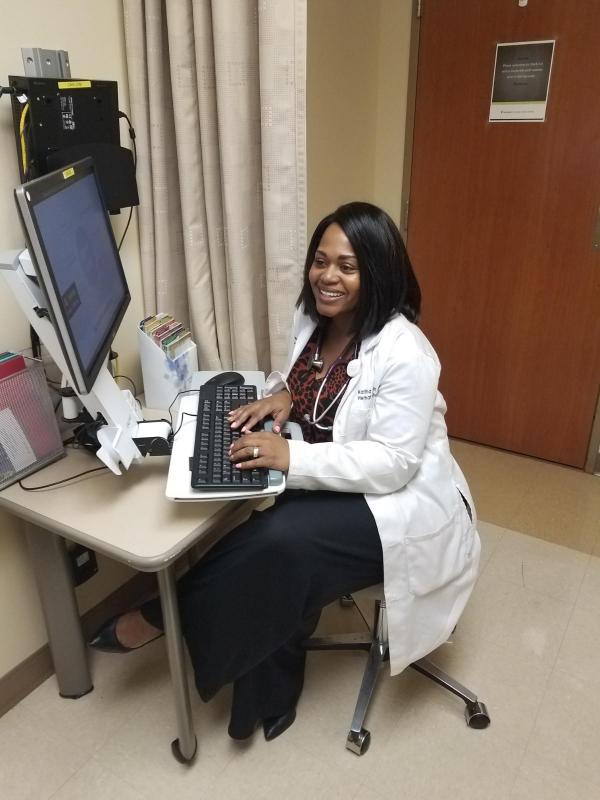 My main challenge is providing care to a population who are disproportionately under-insured, socio-economically disadvantaged and often stereotyped. Helping patients overcome these barriers can be exhausting and overpowering, especially in a chaotic health care system leading to fragmented care. Despite these challenges, I have been able to achieve significant professional growth and advancement. I provide not only evidence-based medical care but also promote and improve care through my research activities. After becoming a Certified Clinical Research Professional, I manage different investigator initiated and NIH funded trials and presently serve as the research coordinator for an international, multicenter clinical trial on transplantation for sickle cell disease. I am also increasingly involved in the pre- and post-transplant care of individuals with sickle cell disease, affording me the unique opportunity not only to offer the best supportive care but also a curative therapy option.
My main challenge is providing care to a population who are disproportionately under-insured, socio-economically disadvantaged and often stereotyped. Helping patients overcome these barriers can be exhausting and overpowering, especially in a chaotic health care system leading to fragmented care. Despite these challenges, I have been able to achieve significant professional growth and advancement. I provide not only evidence-based medical care but also promote and improve care through my research activities. After becoming a Certified Clinical Research Professional, I manage different investigator initiated and NIH funded trials and presently serve as the research coordinator for an international, multicenter clinical trial on transplantation for sickle cell disease. I am also increasingly involved in the pre- and post-transplant care of individuals with sickle cell disease, affording me the unique opportunity not only to offer the best supportive care but also a curative therapy option.
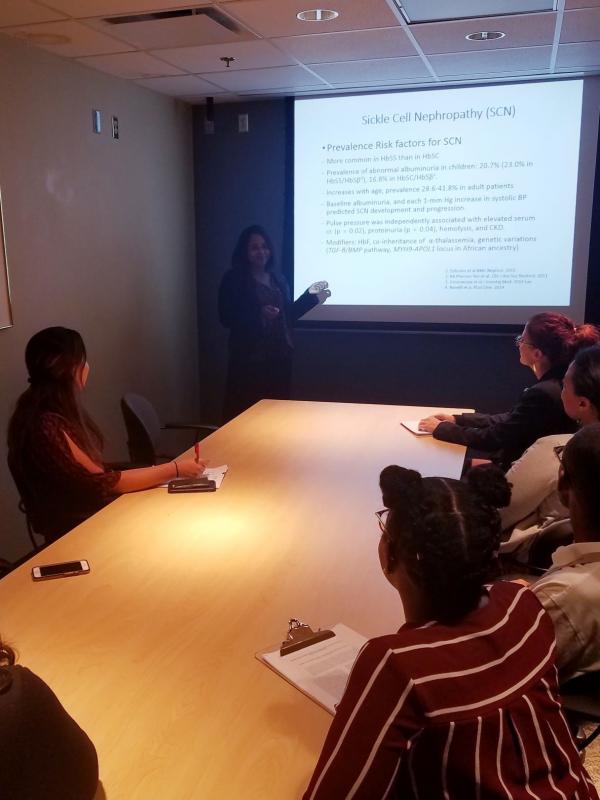 When I am not immersed in patient care, I volunteer in the community and spend quality time with my family. My husband and I have two wonderful children, a 4-year old daughter with abundant energy and a 9-month old son that has such a warm and calming spirit. My weekends are filled with family fun activities and a lot of laughter, which brings me so much peace and happiness. I also draw on my spiritual strength for support to tackle the day-to-day care needs of my other acquired family, my patients.
When I am not immersed in patient care, I volunteer in the community and spend quality time with my family. My husband and I have two wonderful children, a 4-year old daughter with abundant energy and a 9-month old son that has such a warm and calming spirit. My weekends are filled with family fun activities and a lot of laughter, which brings me so much peace and happiness. I also draw on my spiritual strength for support to tackle the day-to-day care needs of my other acquired family, my patients.